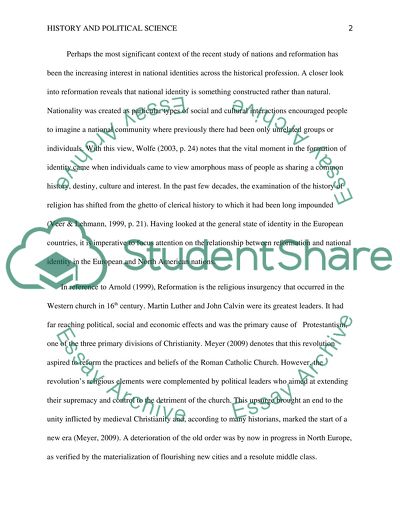Cite this document
(“In what ways did the Reformation influence the formation of national Essay”, n.d.)
In what ways did the Reformation influence the formation of national Essay. Retrieved from https://studentshare.org/history/1464223-in-what-ways-did-the-reformation-influence-the
In what ways did the Reformation influence the formation of national Essay. Retrieved from https://studentshare.org/history/1464223-in-what-ways-did-the-reformation-influence-the
(In What Ways Did the Reformation Influence the Formation of National Essay)
In What Ways Did the Reformation Influence the Formation of National Essay. https://studentshare.org/history/1464223-in-what-ways-did-the-reformation-influence-the.
In What Ways Did the Reformation Influence the Formation of National Essay. https://studentshare.org/history/1464223-in-what-ways-did-the-reformation-influence-the.
“In What Ways Did the Reformation Influence the Formation of National Essay”, n.d. https://studentshare.org/history/1464223-in-what-ways-did-the-reformation-influence-the.


